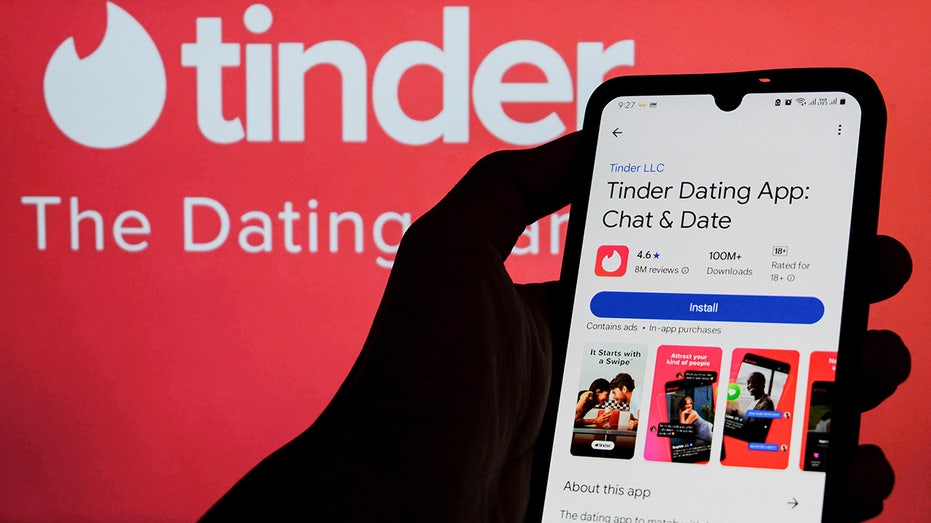URGENT UPDATE: A new wave of anxiety is sweeping through Gen Z men, as many express a deep-seated fear of dating due to the pervasive culture of filming personal interactions. This alarming trend highlights a growing divide between the sexes, prompting experts to warn of a potential “Cold War” in modern relationships.
Recent discussions on social media platforms reveal that young men are increasingly hesitant to date, with the fear of being recorded and publicly humiliated stifling their romantic pursuits. Eli Thompson, a recent high school graduate, shared his insights with Rolling Stone, stating that the pressure to avoid embarrassment has made “normal interactions feel risky.”
Thompson articulates that the landscape of dating has dramatically shifted, with social media documentation of personal moments creating a sense of mistrust. “Constant fear of embarrassment can leave some young men too hesitant to take the social risks needed for dating,” he explains. This growing apprehension not only affects individual dating experiences but also threatens to disrupt gender relations for years to come.
As women openly share their dating stories through platforms like TikTok and Instagram, many Gen Z men feel alienated. Thompson notes that the trend of filming dates, from “get ready with me” videos to recording interactions at dinner, has transformed dating into a “battleground,” fueling resentment and suspicion between genders.
Statistics reveal that this fear is widespread: a shocking 37% of Gen Z individuals report identifying as celibate, with 68% of men citing economic factors like inflation as a barrier to dating, and 64% of women attributing their celibacy to political differences. These figures underscore the complex challenges faced by today’s youth in forming meaningful connections.
Thompson emphasizes that navigating the dating world has become fraught with second-guessing, where young men constantly ponder how their words and actions might be perceived or shared online. “This creates an unchecked culture of humiliation,” he warns, highlighting the lack of accountability in the digital realm.
Experts, including medical contributor Dr. Nicole Saphier, are calling for a cultural shift that addresses the consequences of digital cruelty. “We need to establish consequences for digital cruelty,” Thompson argues, stressing that online harassment is just as harmful as in-person bullying. “We need to send that message loud and clear.”
This growing conversation emphasizes the urgent need for empathy and understanding between genders, as the fear of exposure continues to loom large over Gen Z’s dating landscape. As Thompson aptly puts it, “In these divided spaces, interactions become games of defensive accusation and people grow untrustworthy.”
The implications of this trend are profound, affecting not just personal relationships but societal dynamics as a whole. As young men and women navigate this complex environment, the need for dialogue and support has never been more critical.
As the landscape continues to evolve, experts urge individuals to foster open conversations about the pressures of social media and their impact on dating culture. The call for empathy and understanding is louder than ever, as Gen Z seeks to reclaim their romantic lives amidst a climate of fear and mistrust.
Stay tuned for further updates on this developing story, as experts and advocates work to address the challenges facing today’s youth in their quest for love.
